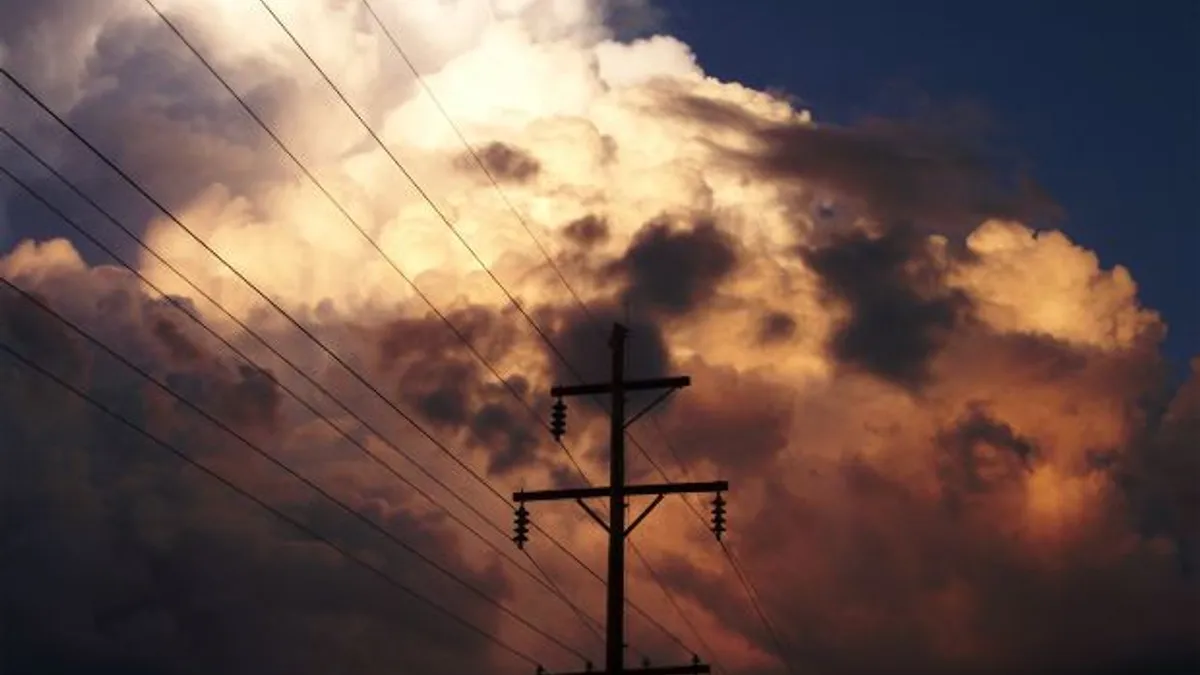Dive Brief:
- The California ISO has published a straw proposal for changes in the day-ahead market to ensure reliability, reduce carbon emissions and leverage the benefits of a regional system.
- The grid operator has proposed shifting from hourly to 15-minute scheduling granularity, in part to ensure sufficient resources are in place to meet steep ramps which accompany a fall-off of solar generation in afternoons.
- The straw proposal would also combine the integrated forward market (IFM) and residual unit commitment (RUC) processes, and procure imbalance reserves the ISO says will have a must offer obligation to submit economic bid for the real-time market.
Dive Insight:
More solar energy means steeper ramping in the later afternoon as generation falls, and demand starts to rise. There are several benefits to shifting to 15-minute granularity, according to the ISO, but key is ensuring the resources are available to meet those ramps.
Scheduling in smaller blocks of time "will ensure the day-ahead market commits resources with sufficient ramping capability by modeling ramping that more closely aligns with real-time conditions," the ISO explained in its proposal.
CAISO says its Day Ahead Market Enhancements initiative is a step towards the grid operator's "three-fold strategic vision" which includes: leading the transition to a low carbon grid; maintaining reliability during the energy industry's transformation; and expanding collaboration to unlock regional benefits.
The proposal would combine the IFM and RUC processes, and in addition the ISO wants to introduce the procurement of imbalance reserves in the day-ahead market "to ensure upward and downward capacity will be
available to resolve imbalance that occurs in real-time."
The ISO is asking stakeholders to submit written comments in response to the straw proposal by March 15. The changes have been proposed as the ISO moves to perform its own reliability functions.
CAISO announced in January that it will begin acting as its own reliability coordinator, a responsibility currently handled by Peak Reliability. The grid operator expects its reliability services to be up and certified by September 2019. The grid operator says it is making the change due to increased costs related to the Mountain West Transmission Group's likely departure from Peak, as well as Peak’s partnership with PJM to offer market services.















